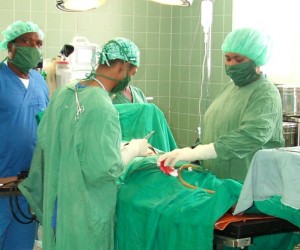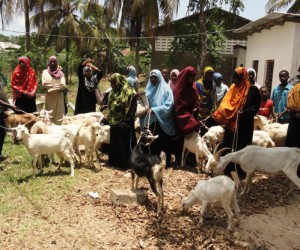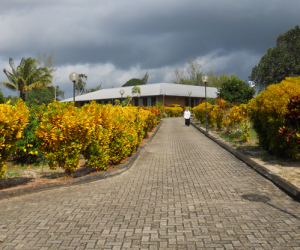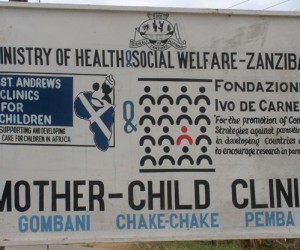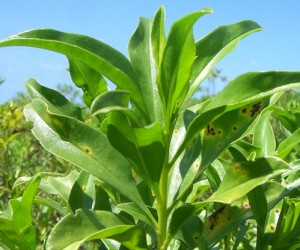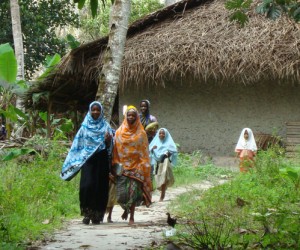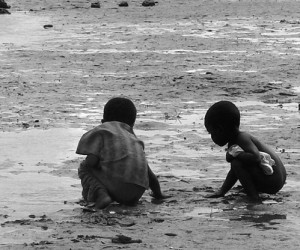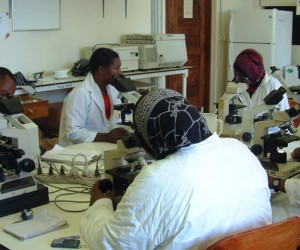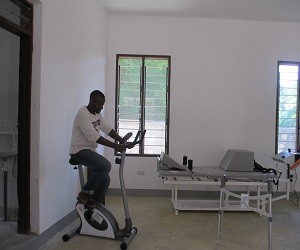AGRICULTURE PROJECT

LOCATION
The District of Chake Chake
OBJECTIVES
To improve the living conditions of the population of the District of Chake Chake through sustainable development of the agricultural sector.To improve the economic sustainability of agricultural production cooperatives in the three selected ways through increased productivity, the development of methods that respect the environment and strengthening the cooperative spirit.
DURATION
2 years (2013-2015)
TOTAL COST
€ 107.485
DONORS
Project co-financed by Provincia Autonoma di Trento
PROJECT PDF
click here
Food security and sustainable agricultural development in favor of three cooperatives ofagriculture of Chake Chake District
PROJECT DESCRIPTION
The need for intervention arises from the direct feedback on the territory identified through a preliminary study of spatial analysis (done in collaboration with the DiSAA University of Milan), and specific requests from the direct beneficiaries and the local counterpart, with which the Foundation Ivo de Carneri and Ivo de Carneri Foundation - Zanzibar Branch meetings have been important.The need for the project to which reference is made is food self-sufficiency in the fight against poverty. In specific terms, the project aims to meet the needs of three agricultural cooperatives in the District of Chake Chake both as regards the cultivation, increasing yields and improving the storage of products, and their organization, by raising management skills.








CONTEXT
On the island of Pemba (Zanzibar, Tanzania), the life of the population depends mainly from the cultivation of the fields. Here agriculture comes back and there are many factors which contribute it: the lack of land improvement (from the collection of water for irrigation to the rural road network), insufficient supply of means of production (tools, seeds, fertilizers, pesticides), poor dissemination of "best practices" agricultural (from cultivation to the preservation of products), fragmentation of production units, and many others. All this translates into unitary yields low and, consequently, in the necessity of actions to ensure food safety.


